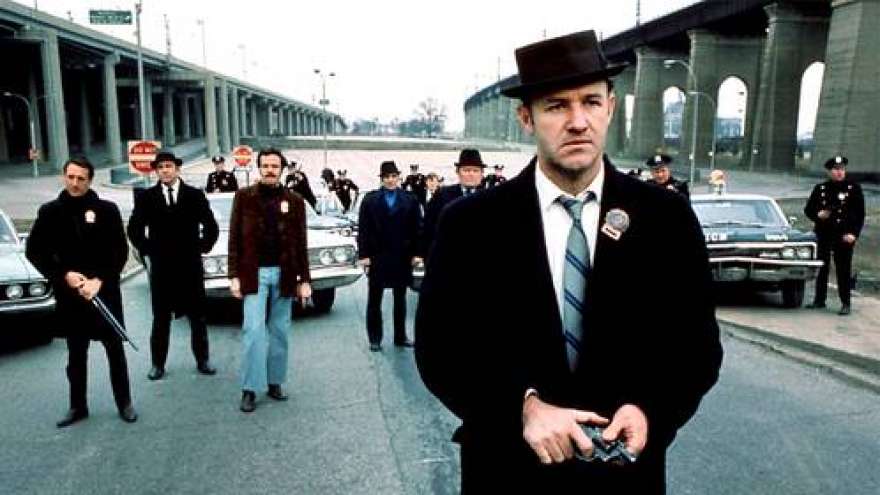October 7, 1971 — The Day The French Connection Changed Cinema Forever
Ринки 08.10.2025 18:40
New York, October 7, 1971 — On this day, audiences witnessed the premiere of what would become one of the most iconic police thrillers in the history of world cinema: The French Connection. Directed by William Friedkin and starring Gene Hackman, the film redefined not only the crime genre but also the aesthetic and rhythm of American filmmaking in the 1970s.
Ironically, Hackman — who would later win an Oscar for his unforgettable portrayal of detective "Popeye" Doyle — was the studio’s last choice for the role. At the time, few could have predicted that his tough, unpolished energy and understated realism would transform the archetype of the American movie cop.
The early 1970s were a turning point for Hollywood. Much like France’s “New Wave” two decades earlier, the United States experienced its own cinematic revolution — a rejection of old formulas and studio polish in favor of gritty realism and moral ambiguity.
Within a span of just a few years, three films reshaped their respective genres:
- The Godfather (1972) — redefined the gangster saga,
- Cabaret (1972) — reinvented the musical,
- The French Connection (1971) — turned the police thriller into a raw, kinetic experience.
Each began as a modest project with little expectation of success. Studio executives even questioned whether The Godfather should be released at all, complaining that “half of it takes place in the dark.” Yet these films became cultural landmarks, still unsurpassed half a century later.
Director William Friedkin initially envisioned a completely different leading man. Paul Newman was his first choice — a handsome, charismatic star whose image was the opposite of Hackman’s. Steve McQueen was next in line, but he declined, not wanting to repeat his role from Bullitt (1968), another police action film famous for its chase sequence.
Friedkin ultimately settled on Hackman, though reluctantly. Hackman’s everyman looks and simmering intensity were far from traditional Hollywood heroism. But his portrayal of Doyle — a flawed, obsessive cop driven by instinct and frustration — gave the film its soul.
In one of cinema’s great ironies, the director’s least desired actor delivered the most defining performance of his career, earning him the Academy Award for Best Actor.
The film’s legendary car chase through Brooklyn remains unmatched, even after more than fifty years. The raw, nerve-rattling realism of the sequence — shot without permits on active streets — became a blueprint for every action film that followed.
Though Friedkin may have been inspired by Bullitt, his version was grittier, faster, and infinitely more dangerous. Every screech of metal and every near-collision feels terrifyingly real, a reminder of a time when cinematic risk was literal.
The French Connection won five Oscars, including Best Picture, Best Director, and Best Actor, and ushered in an era of American filmmaking where imperfection became authenticity.
Just two years later, Friedkin would astonish audiences again with The Exorcist (1973), another masterpiece that cemented his place among the greats.
But it was on October 7, 1971, that the revolution truly began — when a modestly budgeted police thriller, shot in the streets of New York, proved that cinema could be both art and adrenaline.
Теги: Cinema Переглядів: 325



